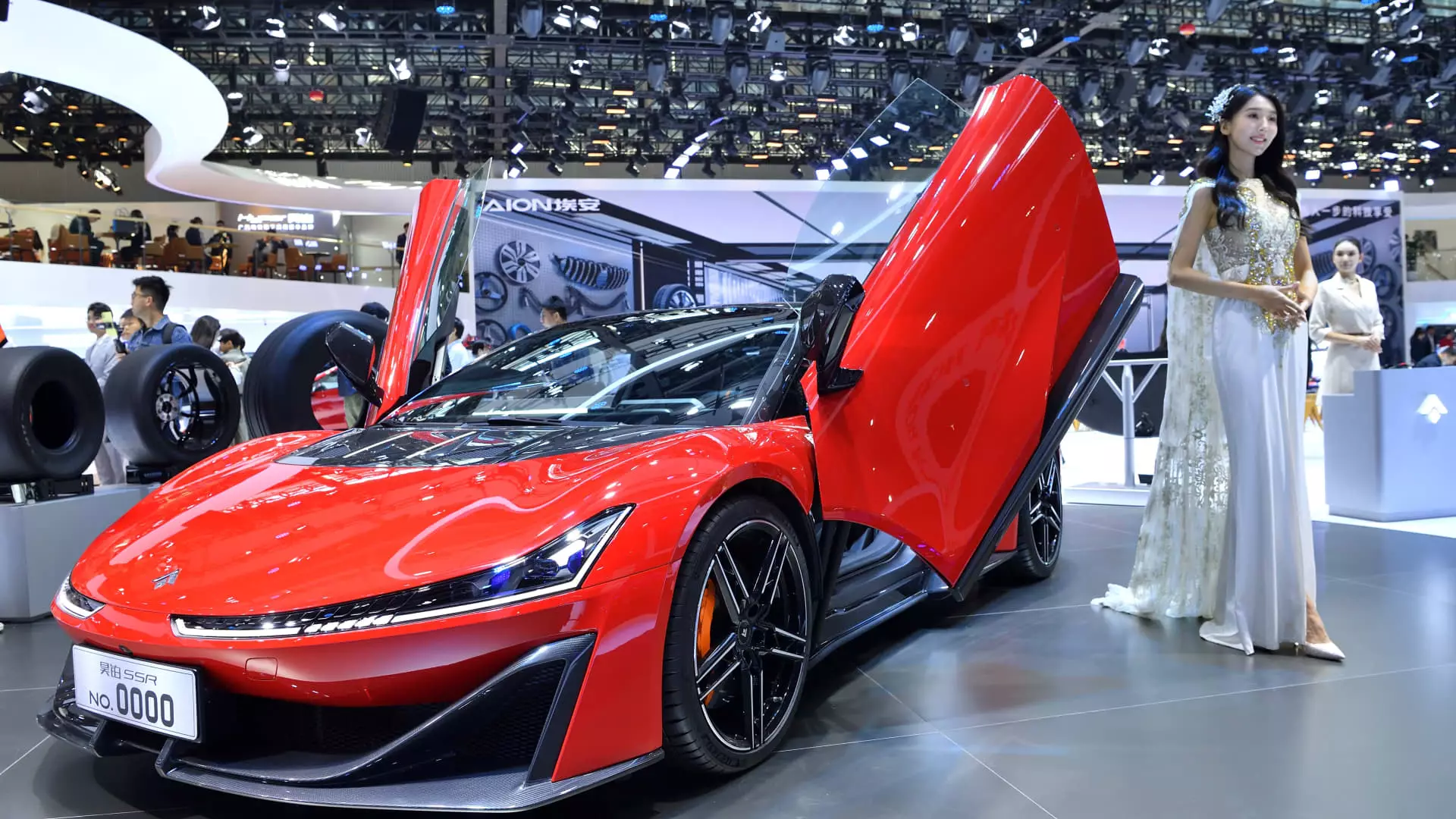The forecast for Chinese automakers to achieve 33% of the global automotive market share by 2030 highlights the rapid expansion expected to occur outside of their home country. This growth, which is projected to come from a forecast 21% market share this year, is anticipated to be largely driven by sales in markets outside of China. The report suggests that sales outside of China will grow from 3 million this year to 9 million by 2030, representing an increase from 3% to 13% of the market share by the end of the decade.
Global Concerns
The rapid expansion of Chinese automakers poses a growing concern for legacy automakers and politicians worldwide. There is a fear that the introduction of less expensive vehicles made in China could flood markets and undercut domestically produced models, particularly in the realm of all-electric vehicles. The report from AlixPartners suggests that Chinese brands are expected to experience growth across all global markets, although expansion in Japan and North America, including the U.S., is anticipated to be more limited due to stringent vehicle safety standards and tariffs on imported Chinese EVs.
Disruption in the Automotive Industry
Mark Wakefield, global co-leader of the automotive and industrial practice at AlixPartners, describes China as the industry’s new disruptor, capable of creating must-have vehicles that are faster to market, more affordable, advanced in technology and design, and more efficient to build. This disruptive force is expected to shake up the automotive landscape in the coming years.
Chinese automakers are projected to only achieve a 3% market share in North America, with the majority of growth anticipated in Mexico, where one in five vehicles is expected to be of Chinese origin by 2030. In regions such as Central and South America, Southeast Asia, and the Middle East and Africa, the share of Chinese automakers is expected to grow exponentially. In Europe, the market share of Chinese automotive brands is forecasted to double from 6% to 12% by 2030.
The expansion of Chinese automakers is attributed to cost advantages, localized production strategies that enable a build-where-you-sell approach in global markets, and highly tech-enabled vehicles that align with evolving consumer preferences for design and innovation. Chinese EV automakers, in particular, are highlighted for their ability to bring new products to market in half the time of legacy automakers and for having a 35% cost advantage in manufacturing.
Rethinking Business Strategies
To compete with the growing dominance of Chinese automakers, traditional automakers are advised to rethink their business development processes and the pace at which they develop new vehicles. Andrew Bergbaum, global co-leader of the automotive and industrial practice at AlixPartners, warns that operating under business-as-usual principles could lead to obsolescence in the rapidly evolving automotive industry. Wakefield stresses the importance of adapting to compete with Chinese automakers in terms of innovation and efficiency.
The projected expansion of Chinese automakers on the global stage presents both challenges and opportunities for the automotive industry as a whole. As Chinese brands continue to gain market share and disrupt established norms, legacy automakers will need to adapt and innovate to remain competitive in the evolving landscape of the automotive market.

